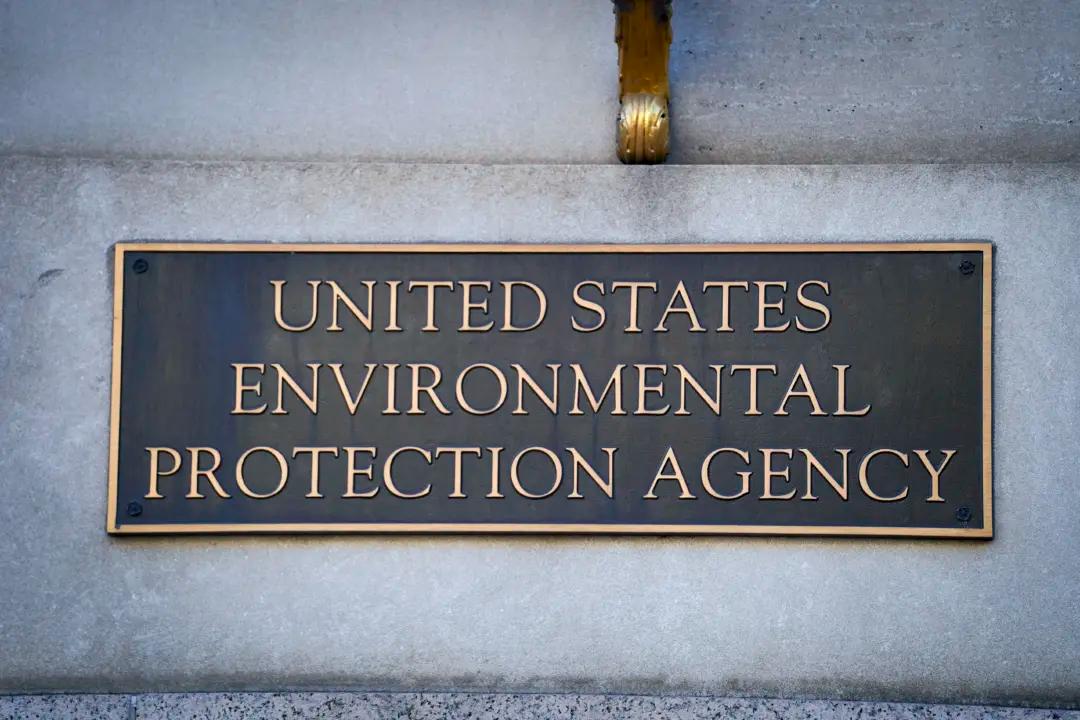The U.S. Environmental Protection Agency (EPA) urged the Supreme Court on Aug. 26 to throw out San Francisco’s challenge to federal wastewater discharge regulations.
The government’s new brief offers insights into the oral arguments the federal government will make when the court hears the case, City and County of San Francisco v. EPA, on Oct. 16.





